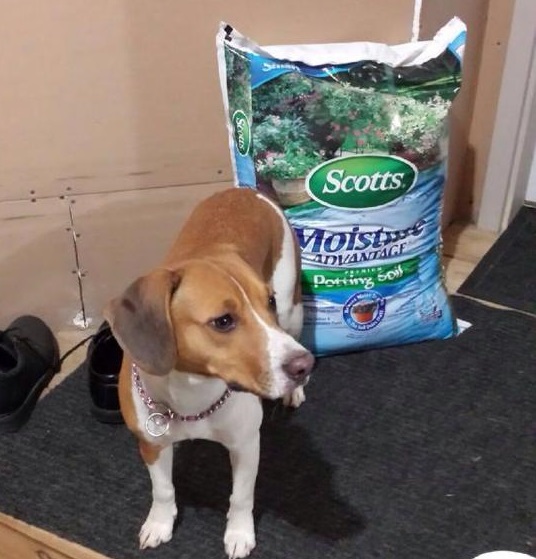We want the FVHA to succeed, and frankly, as a community, we need them to succeed. But what does it mean to succeed? A euthanasia rate of over 50% of all animals that enter the doors of the FVHA is not success. In recent days the outcry over what happened with Peanut has been significant. That should mean something to the FVHA. In the media pieces about this incident, as well as in my personal meeting with Liz Dietz/Executive Director, the FVHA has stated that they will not be changing any of their policies based on this situation, or the significant outcry from the community. Success does not mean stagnancy. Success means that we are constantly evolving and improving and working towards a goal of a 0% euthanasia rate. There have been studies completed in our own great state of Wisconsin, that demonstrate that dogs behave differently in a shelter environment, than they do in a home environment, and that the food aggression test that used to be the standard (and still is at the FVHA) is no longer accurate in predicting animal behavior in homes.
As a profession, I have spent my career working to support people who are elderly and disabled to have the life that they want to live. This means helping them to live in the community, as opposed to nursing homes and other institutional settings. I can’t help but draw comparisons of Peanut’s situation to the disability rights movement. It was not so long ago, that when a child was born with a disability, that they were placed in an institution. As the disability rights movement grew, people were able to move out of these settings and back into their home communities. Some people displayed what professionals called “Behavior problems” in their community settings – of course they did! After having lived in an institutional setting for so many years, why wouldn’t they? But we did not say that these people needed to be “put down”. We worked with them to understand their situation and needs, and what kind of support and environment the person needed to feel safe and to succeed. When necessary, Behavioral Support Specialists were enlisted to ensure the health and safety needs of the person while learning new ways to respond to their new community environment.
The Disability Rights movement started small, and slowly grew. It challenged the “standard operating procedures” of the day. Today, as many people who are elderly or disabled no longer need to face the inevitable institutionalization, we still constantly review how we support people to live the life they want. We are constantly looking for ways to change and improve.
In comparison, animals behave differently in a shelter than they do in a loving home. Animals can learn and be trained, in an environment that they feel safe in. When needed, we can bring specialists in, to help our pets and our families to stay safe, while we teach these pets new ways to respond, in their new home environment. We should never stay stagnant, however, and say that we will not change and review how we address the support of these animals. There is always room to grow and improve - especially when we have a euthanasia rate of over 50%.
The FVHA’s mission states “Caring for the Fox Valley’s pets – and their people”. Their vision states “No animal need in the Fox Valley goes unmet”. I would like to challenge the FVHA to consider these statements and what they mean in the context of not only Peanut’s situation, but of all of the other similar stories that have been told as Peanut’s story unfolded. For the sake of the Fox Valley’s pets and people, we are asking that you consider what changes and improvements can be made to ensure that “no animal need goes unmet” – includes the “animal need” to have a chance at a safe and happy life.
Please don’t stay stagnant. We want you to succeed. We want you to become leaders in the animal rights movement and the movement to reduce the euthanasia rate of animals in our community. We are willing to roll up our sleeves and help you. After all, if our goal to improve the quality of life for others (be that pets, or people) – we need to constantly reevaluate ourselves and always look for ways to do better.
Betsy Riedl Quaintance

 RSS Feed
RSS Feed